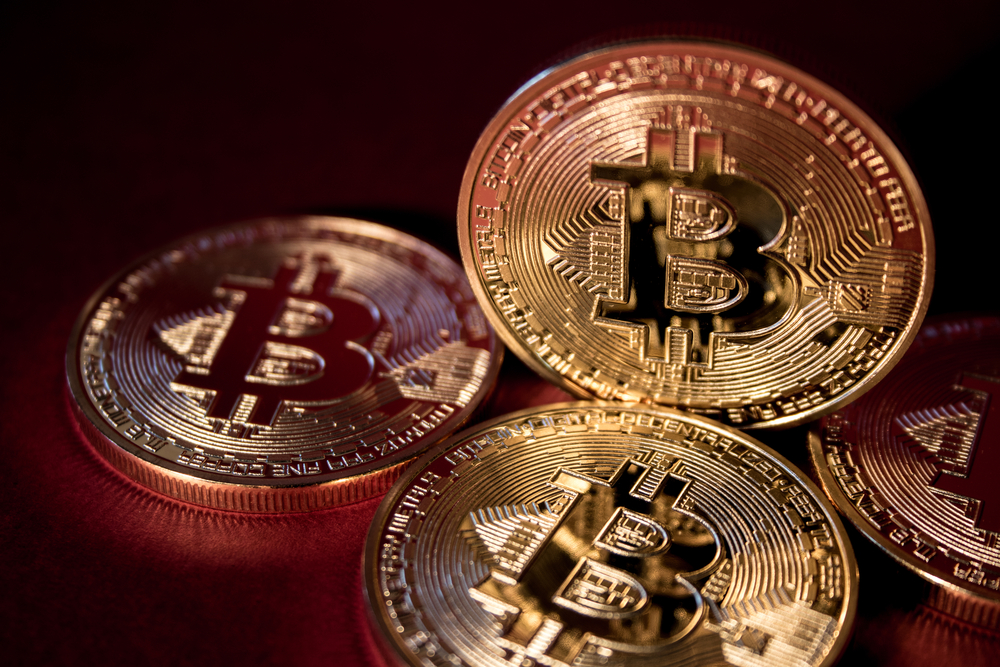The bitcoin mempool is a collection of all transactions waiting to receive a network confirmation. Every time a bitcoin transaction is broadcasted to the network, it takes an average of 10 minutes before it receives the first confirmation. However, depending on how many pending transactions there are in the mempool at any given time, that 10-minute windows can be larger. Over the past few months, there have been multiple mempool incidents causing significant transaction confirmation delays.
A Closer Look At The Bitcoin Mempool
The concept of the bitcoin mempool is not all that difficult to grasp. Every new bitcoin transaction that is validated by the network will automatically be added to the mempool, where it awaits confirmations from miners. Once a miner picks up the transaction in question for inclusion in the next block, it will automatically receive its first confirmation.
Each node has it’s own mempool and can set the preferred size. When a new block is broadcasted to the network, each node removes the transactions that are in the mempool that have been confirmed. Getting that transaction picked up by bitcoin miners can be quite challenging, though. Miners prioritize validated unconfirmed mempool transactions based on their individual mining fees. These mining fees are distributed to the miners as a “bonus” for their efforts in solving the next block on the bitcoin network. Users who include a higher transaction fee will have their bitcoin transfers picked up quicker compared to the ones who have a low transaction fee.
The bitcoin mempool is a large collection of network transactions waiting to be confirmed. However, similar to any “pool” containing a lot of data, there are only so many transactions that can be kept in pending until a backlog is created. In most cases, the bitcoin mempool contains a relatively small number of unconfirmed transactions, which is not an issue. Unfortunately, a backlog can occur out of nowhere.
This makes the mempool the effective bottleneck of the bitcoin ecosystem as a whole. Faster transactions are prioritized, yet a lot of people prefer to pay very small fees. Should the rate of mining new bitcoin blocks decrease for some reason, those lower-fee transactions will face even larger delays. It is not uncommon to experience a mempool backlog when there are more incoming transactions compared to transfers picked up by miners.
It is not difficult to determine when and if the mempool could cause a transaction confirmation delay. As long as the mempool size remains well below the 1MB mark, there is no delay whatsoever. Any increase in size will indicate the average transaction confirmation time will take x amount of blocks mined on the network. For example, a 20MB mempool size would mean low-fee transactions will take an average of 20 mined blocks to receive their first network confirmation.
For the time being, there is only one viable way bitcoin users can bypass any mempool issues. Including a higher transaction fee is not a popular choice, yet it is the “best” way to circumvent any mempool backlog. Until blocks can contain more transactions than right now, mempool issues will continue to occur over time. Moreover, people flooding the bitcoin network with zero-fee or small fee transactions can cause quite the mempool backlog as well. Higher transaction fees will always be prioritized, that much is certain.
If you liked this article, follow us on Twitter @themerklenews and make sure to subscribe to our newsletter to receive the latest bitcoin, cryptocurrency, and technology news.

